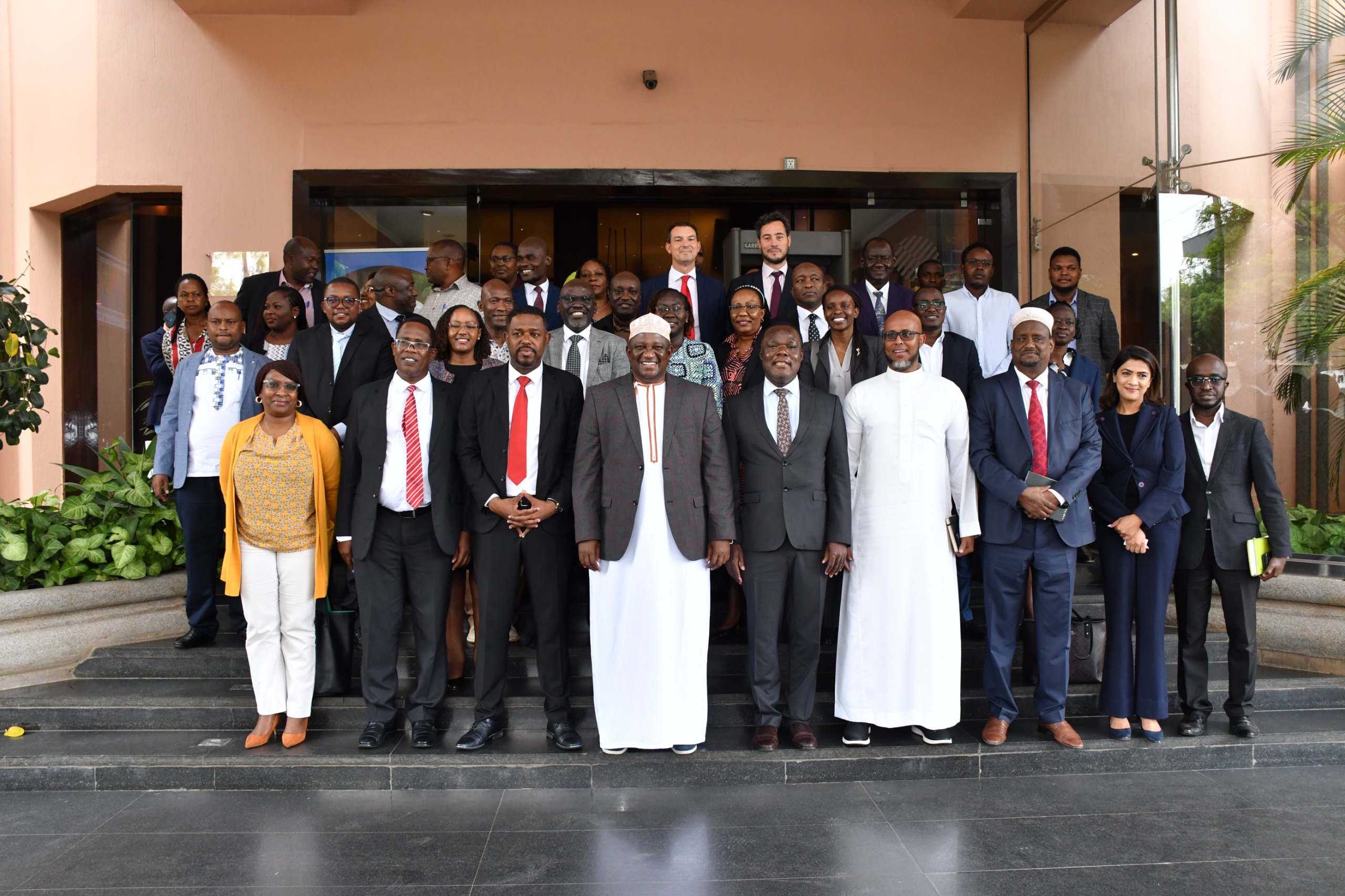The Ministry of Investment, Trade and Industry has embarked on development of a Business Reforms Action Plan which is expected to address issues affecting Kenya’s trade and investment environment.
According to Investment, Trade and Industry Cabinet Secretary Salim Mvurya, while some of the issues raised by stakeholder will require medium term and long term interventions.
“Our focus now is not just to identify issues but we want to focus more and action and solutions,” said Mvurya.
He added, “Our aim is that before the end of the year, we get everything together. If it’s an issue that requires policy it should now be sent to the Cabinet for approval. If you require any reforms that have to go to Parliament, then we will have to do that to get resolution on most of the issues.”
According to the ministry, over the last 10 years Kenya’s manufacturing sector gross domestic product contribution has declined from 15pc to 7.6pc on account of various challenges which include unpredictable taxation regime and high cost of power.
“Costs and procedures for domestic trade remain burdensome, export performance in manufacturing is struggling, and consumer protection and fair trade still show significant gaps across sectors,” Mvurya stated.
In an effort to spur the country’s manufacturing, trade and investment climate and realize and raise manufacturing sector’s GDP contribution to 20pc by 2030, at the culmination of the public engagement on legislative and policy reforms, the government is now targeting to among others, reduce export procedures with a view to simplify, rationalize, and automate processes to bring down fees and charges, increase budgetary provisions of Value Added Tax refunds by amending the current VAT Act to facilitate payment of credit adjustment vouchers, reduce withholding VAT rate from 2pc to 1pc and have it removed after one year and offset VAT refunds against other forms of tax obligations.
“From the manufacturing side, what we are really looking at is to create a country that is manufacturing for Africa and the world,” said Dr Juma Mukhwana, Principal Secretary for Industry.
Other measures include removal of VAT on all imported inputs, plant and machinery, remove excise duty on imported packaging materials, revert payment of excise duty from 24 hours to monthly payments particularly for the alcohol and beverage sector and introduce the Investment Deduction Allowance to 100pc in major cities and 150pc outside the cities.
This comes as stakeholders call on the government to ensure there is room for tax predictability in order to attract foreign direct investments.
“The trade agreement like the European Partnership Agreement of course creates the condition already to improve the business climate because investors have predictable rules about taxes and regulatory framework for importing and exporting,” stated Filippo Amato, Trade Counsellor for EU Delegation to Kenya.
Other measures the government is keen on addressing include deploying incentives that will lower the cost of power generation, fast track power infrastructure development to optimize power evacuation from geothermal stations, review the time of use tariff by dropping the requirement on 6pc incremental consumption threshold and fast track the gazettement and implementation of the open access electricity markets and bulk regulations 2024.
“We want to work with you as partners to position Kenyan as an investment destination. We know that before investors come they look at the ratings and the experience of the existing investors,” said Hassan Abubakar Principal Secretary Investment Promotion.
The Business Reforms Action Plan will be presented to the Cabinet for approval before being sent to Parliament for consideration.




